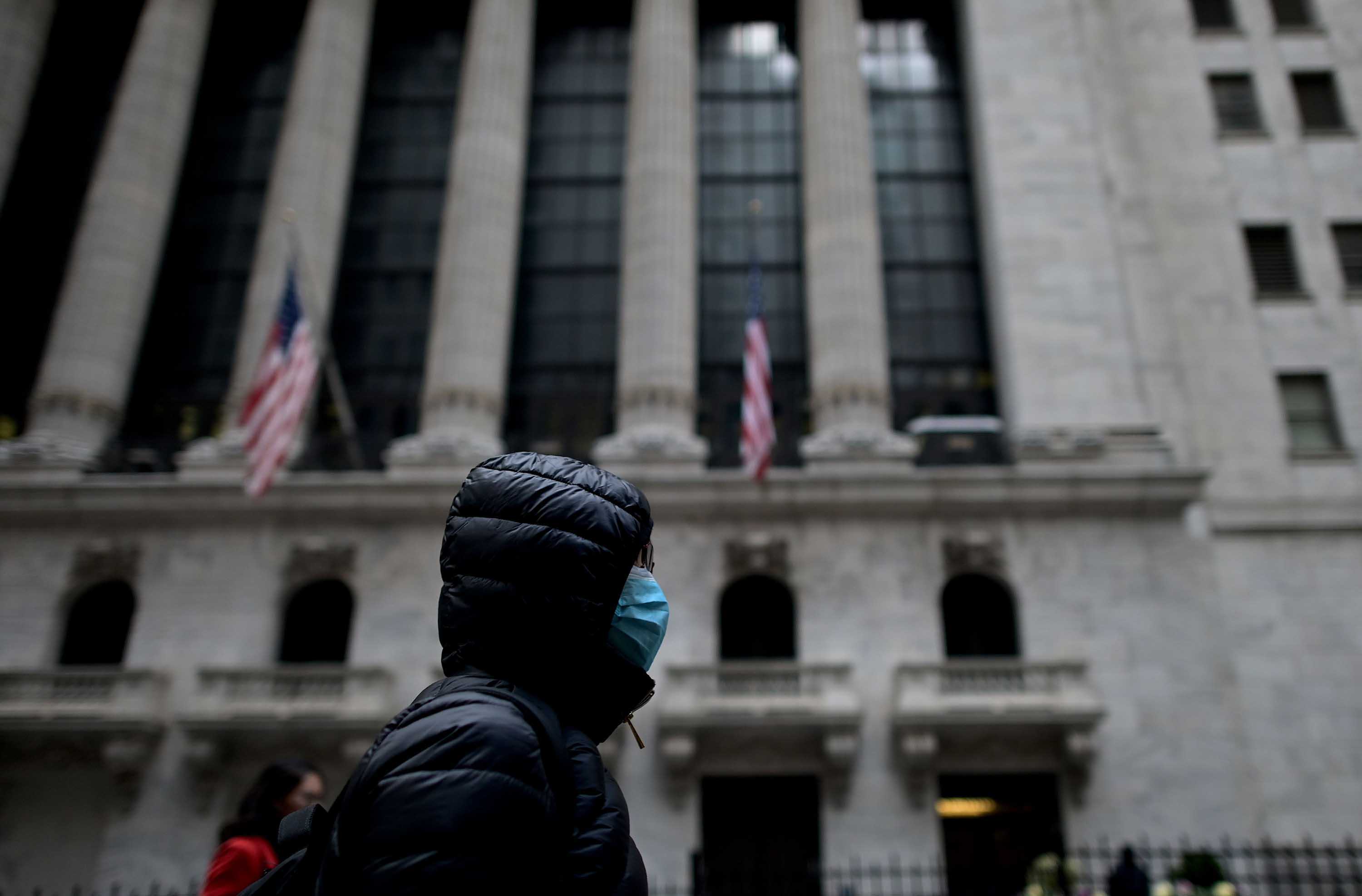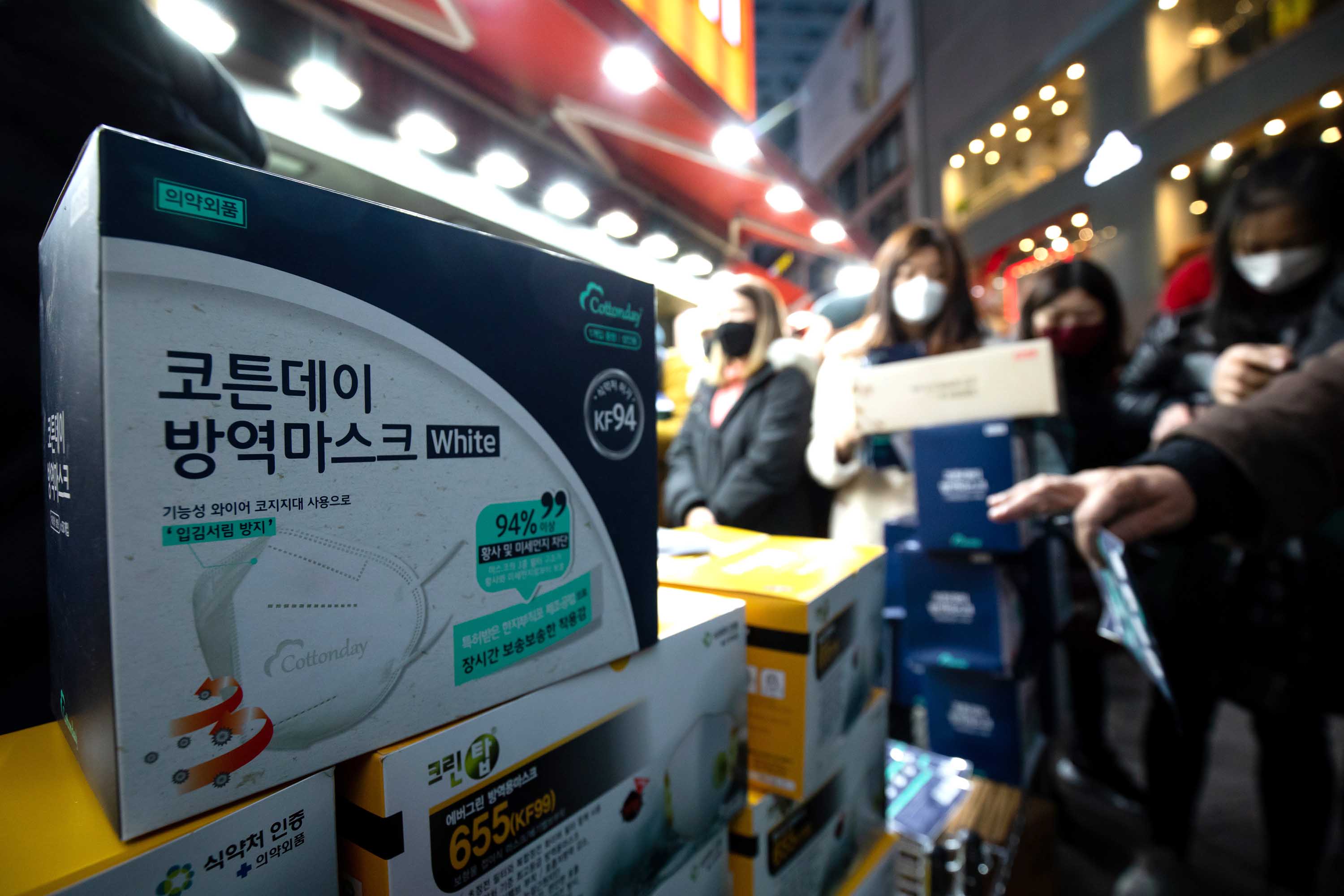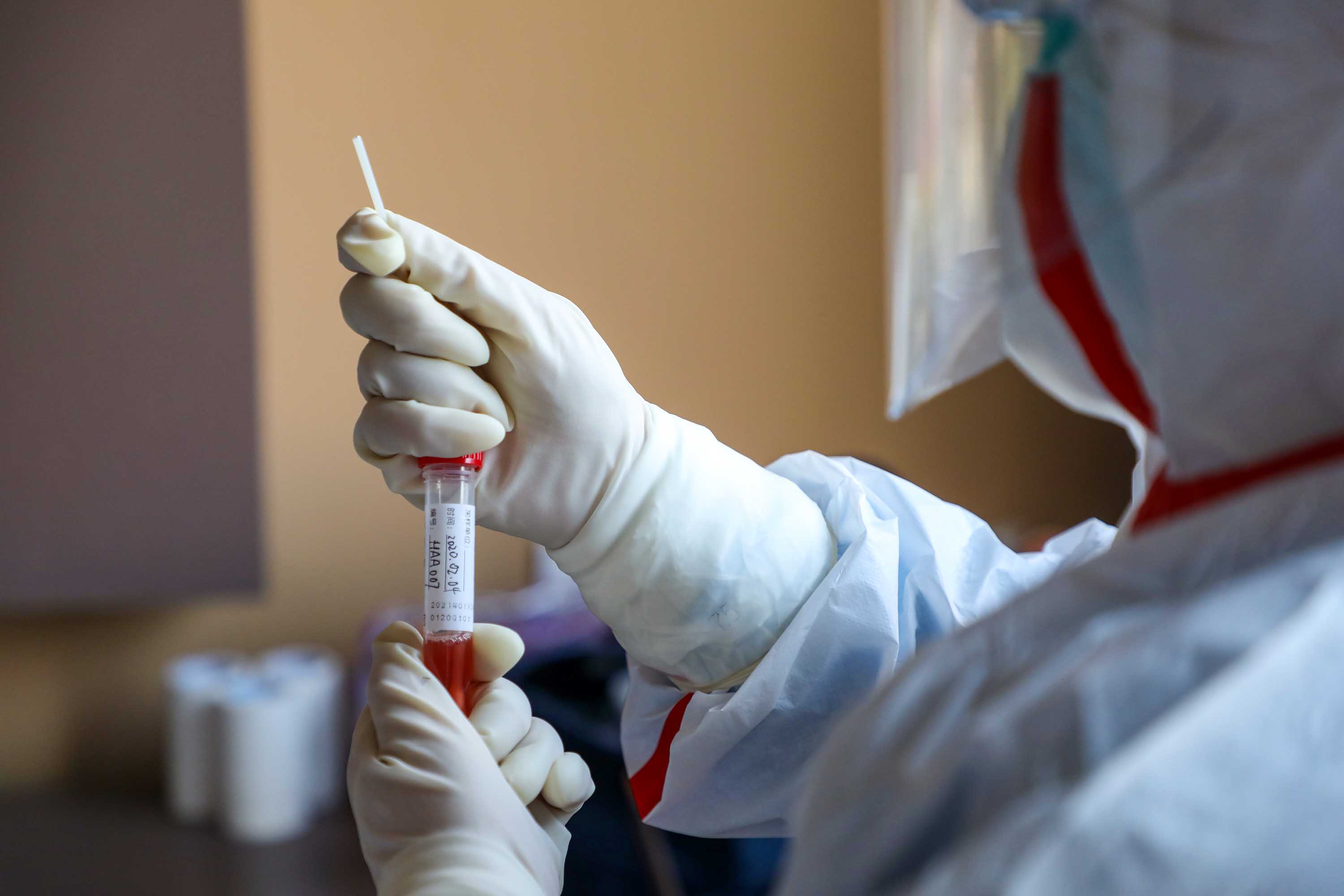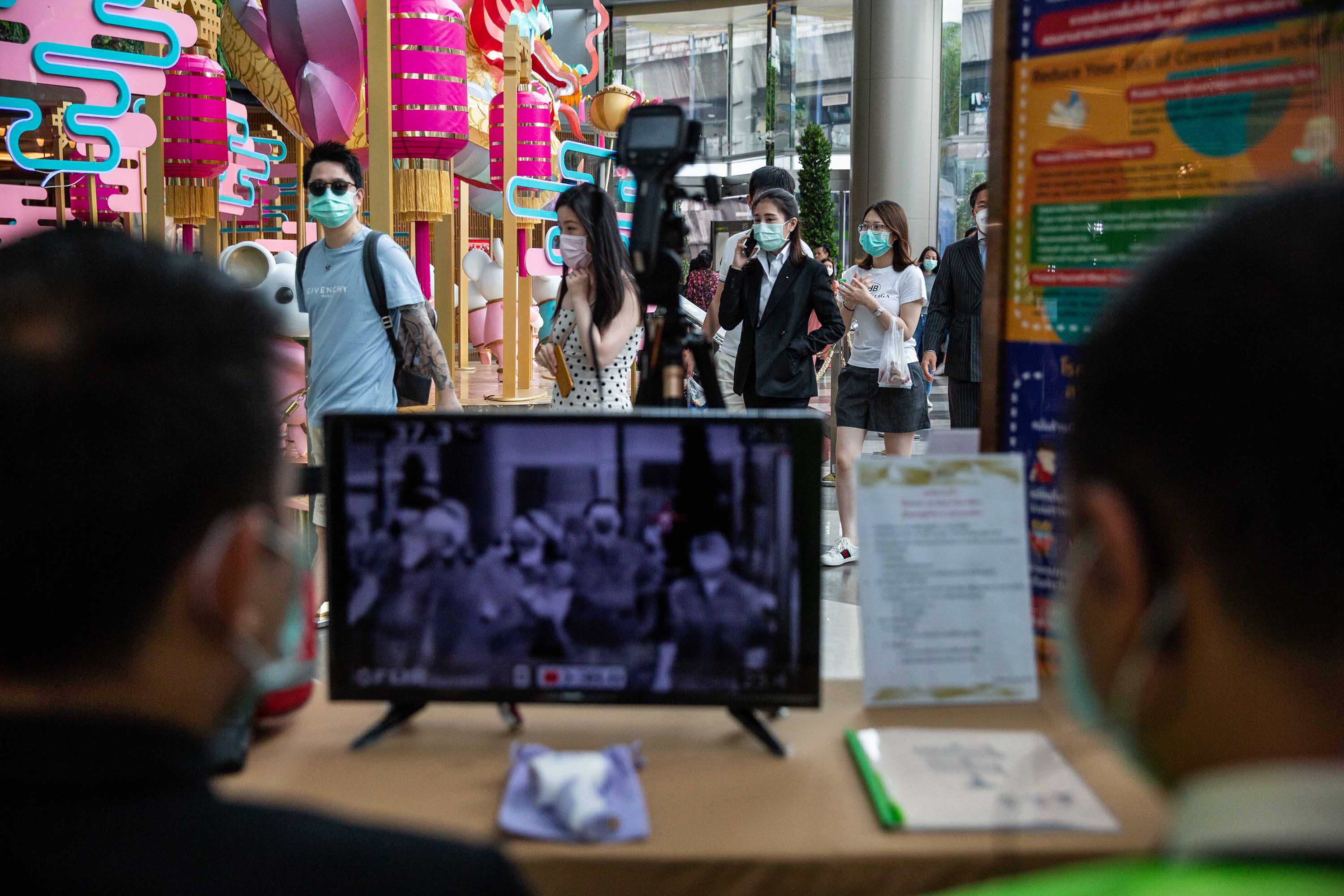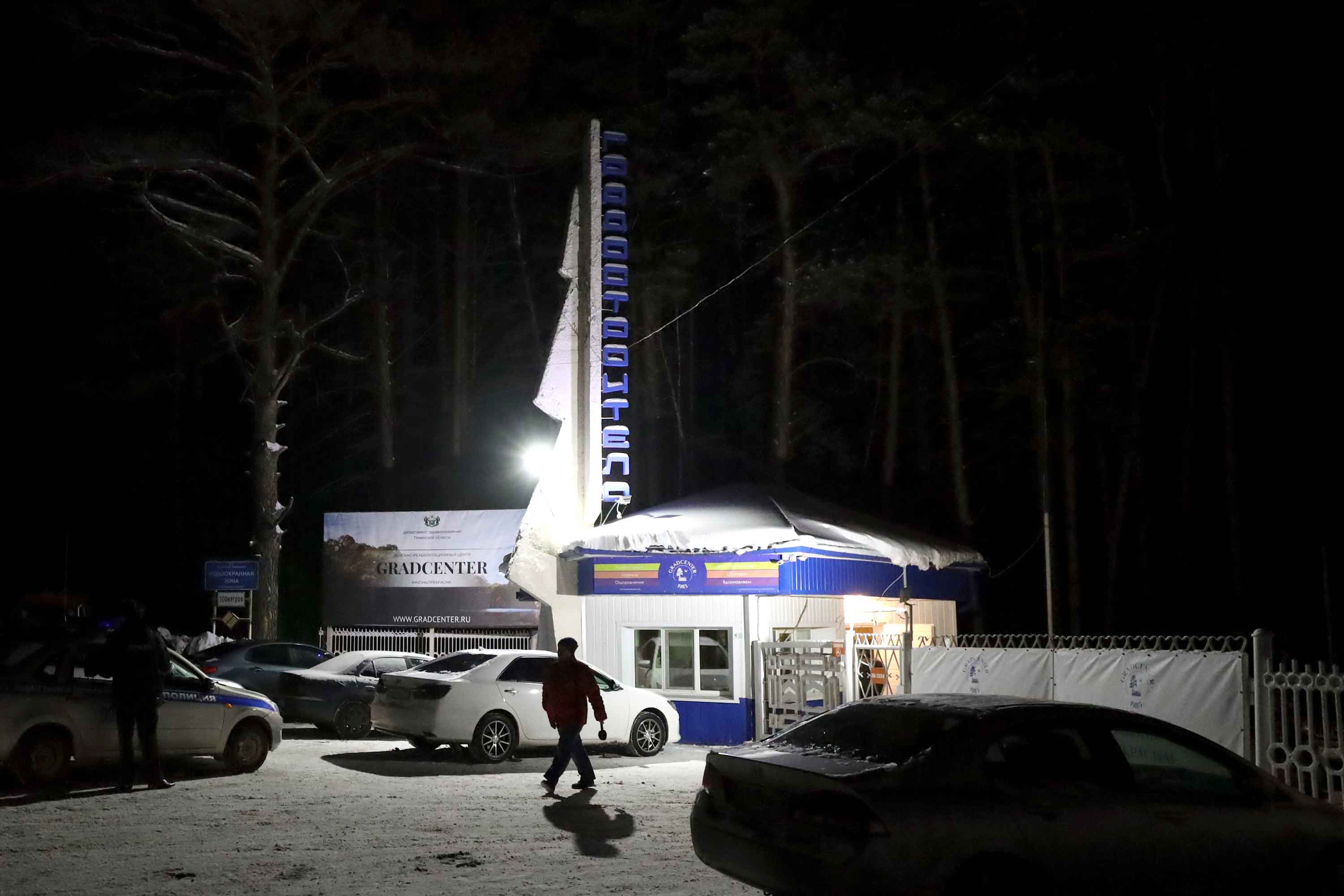
Russia will set up a quarantine area in Siberia for people travelling back from China's Hubei province due to the coronavirus outbreak, Deputy Prime Minister Tatiana Golikova said Tuesday.
According to state media RIA, Golikova told reporters that returnees will be isolated for two weeks in the Siberian region of Tyumen as it was “the most prepared region.”
“I want to say and reassure everyone that the citizens who fly from Wuhan and Hubei are healthy citizens," Golikova said, adding: “Our colleagues from China do not let those infected leave from their territory, from the quarantine territory.”
